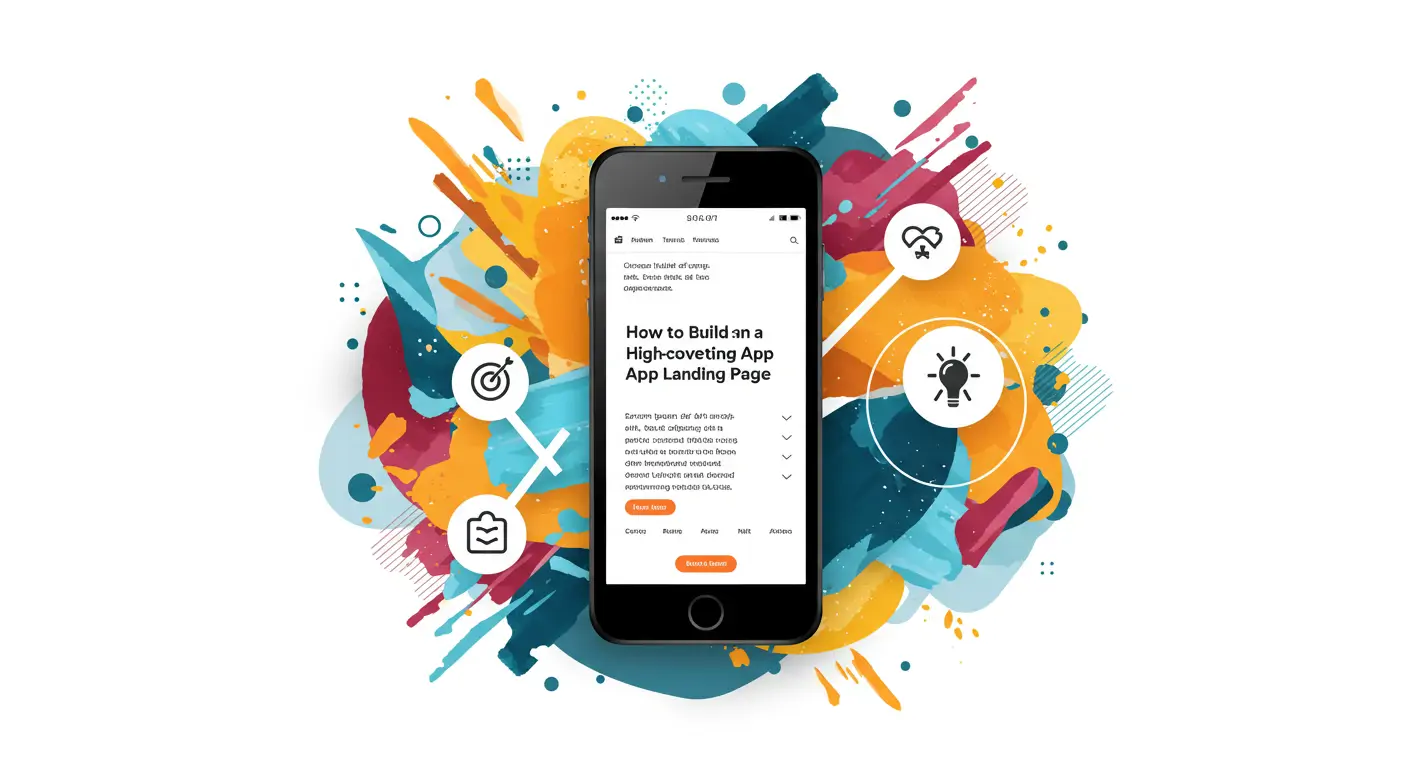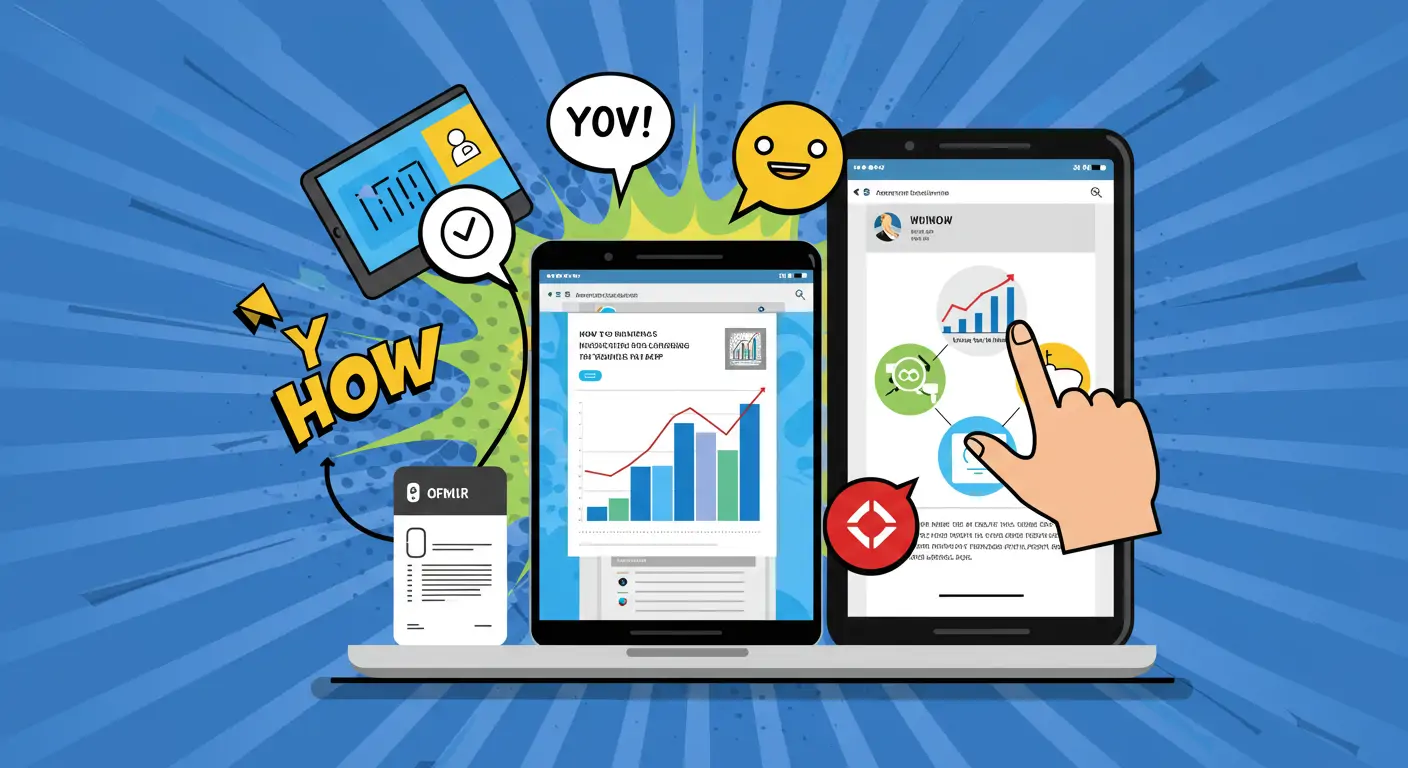Introduction: Why This Matters Now
In 2025, AI-driven app marketing is not just a buzzword; it’s a pragmatic solution reshaping how companies acquire users. According to a 2025 Gartner report, app developers leveraging AI have seen a 40% increase in user acquisition efficiency. This trend signifies a paradigm shift affecting marketers, developers, and investors alike, urging them to adapt to these innovations swiftly.
Reading Time: Approximately 10 minutes
The Current State: What's Happening Right Now
In early 2025, platforms like AppLovin and Adjust have integrated AI into their core user acquisition strategies, reporting cost reductions of up to 35% by February. Moreover, the global app marketing industry reached a valuation of $120 billion in Q1 2025, a 20% increase from the previous year. Traditional marketing approaches are increasingly seen as inefficient due to their inability to process vast amounts of user data and dynamic market conditions in real-time.
Caption: Data visualization of AI integration in app marketing.
Key Drivers: What's Fueling This Trend
Driver 1: Technological Advancements
AI algorithms have become more sophisticated, enabling real-time data analysis and personalized marketing strategies. According to Forrester, AI models can now analyze user behavior with 85% accuracy.
Driver 2: Consumer Expectations
Consumers demand more personalized experiences. AI allows marketers to cater content to user preferences, increasing engagement rates by 27% as per a 2024 Salesforce study.
Driver 3: Economic Pressure
With marketing budgets tightening, AI offers a cost-effective solution. Companies report a 30% reduction in acquisition costs when utilizing AI-driven strategies, as noted in a 2025 Deloitte analysis.
Real-World Impact & Case Studies
Case Study 1: Spotify's AI-Powered Campaign
Spotify implemented AI to optimize ad placements in early 2025. The result was a 50% increase in free-to-premium conversions within six months. This success illustrates the crucial role AI plays in enhancing user acquisition.
Case Study 2: TikTok's Dynamic Content Delivery
In March 2025, TikTok used AI to tailor content to user preferences, resulting in a 40% boost in user engagement. The key lesson is the importance of real-time personalization.
Industry Implications
For Developers
- Learn AI tools like TensorFlow and PyTorch
- Explore career roles in AI-driven marketing
For Businesses
- Consider strategic partnerships with AI providers
- Gain competitive advantages through personalization
For Investors
- Explore opportunities in AI startups
- Monitor market risks associated with data privacy
Challenges & Criticisms
Despite its benefits, AI in app marketing faces criticism, primarily around data privacy concerns. There is also skepticism about over-reliance on algorithms, which might result in a loss of creative marketing elements.
Future Outlook: What's Next
In the next 6-12 months, the adoption of AI in app marketing is expected to rise by 50%. Long-term, AI will likely become indispensable in crafting marketing strategies, with predictive analytics playing a pivotal role.
Frequently Asked Questions
Q1: What is the main advantage of AI in app marketing?
A1: Real-time personalization and cost efficiency.
Q2: How does AI affect user privacy?
A2: AI requires significant data, raising privacy concerns, but regulations are evolving to address these issues.
Conclusion: Key Takeaways
- AI is crucial for efficient user acquisition.
- Adapting to AI technology is imperative for industry players.
- Investors should consider AI as a sector with substantial growth potential.
For further learning, explore industry reports and case studies on AI in marketing from 2025.




